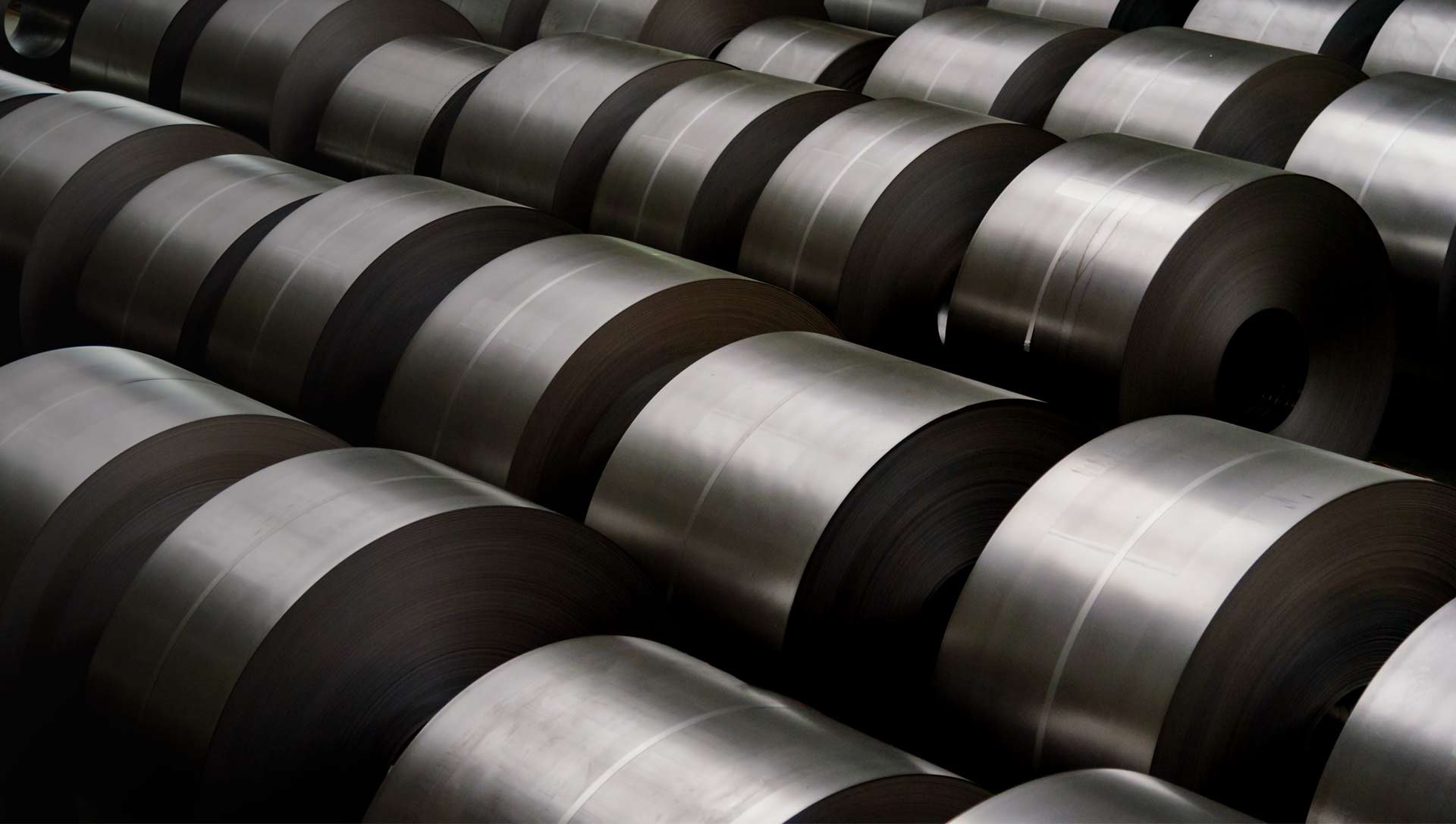
Why Settle for Tools That Don’t Know Your Hands?
You pick up a tool. You grip it. You move it. Right away, your hand knows. A well-made tool feels like it belongs. It rests naturally in your palm. It balances. It moves with you, not against you. There’s no awkward weight. No forcing. No adjustment.
That kind of familiarity doesn’t happen by chance; it’s the result of tools made with care, for people who work with care.
Cheap tools don’t recognize your hands. They expect you to adapt. And over time, that friction adds up, not just in discomfort, but in your results.
Comfort Isn’t a Luxury, It’s a Foundation
If you’re working with leather, canvas, upholstery, or any hands-on craft, comfort matters. Not in a soft, cushy way, but in a precision under pressure way.
A handle that fits your grip means less strain and more control. A tool that’s balanced means smoother strokes, cleaner punches, straighter cuts.
You shouldn’t have to fight the gear. Your focus should be on the material, not your wrist.
The Wrong Fit Slows You Down
Using the wrong tool feels like working in someone else’s shoes, clunky, offbeat, never quite right. And eventually, it costs you time, confidence, and consistency.
That’s why professionals build relationships with their tools. They know the feel of the blade before it hits the leather. They anticipate the angle of their mallet swing. They don’t have to think about the motion, because the tool already knows.
What to Look for in a Tool That Gets You
If you want tools that feel intuitive, like they were made for your hands, there are signs worth paying attention to:
- Ergonomic design that supports natural hand positioning
- Proper weight distribution that doesn’t tire you out after five minutes
- Materials that last, no slippery plastic or loose rivets
- Precision machining that doesn’t shift, wobble, or wear unevenly
- Finishes that improve with use, not deteriorate from it
When you find a tool that checks these boxes, you don’t let it go. You build with it. You trust it. You make it part of your process.
Craft Is Personal, So Your Tools Should Be Too
You don’t just use your tools. You rely on them. They’re your partners in every project.
So why settle for ones that feel foreign, generic, or forgettable?
Great tools carry memory. They shape themselves around your habits. They hold the marks of past jobs and the feel of long hours. They become familiar, not just in form, but in spirit.
Conclusion
You’ve put in the time. You’ve built the skill. So don’t compromise now. Reach for tools that know you, tools that respond like extensions of your own hands.
Because when your tools move with you, not against you, the work flows. The details shine. And the craft becomes everything it was meant to be.





